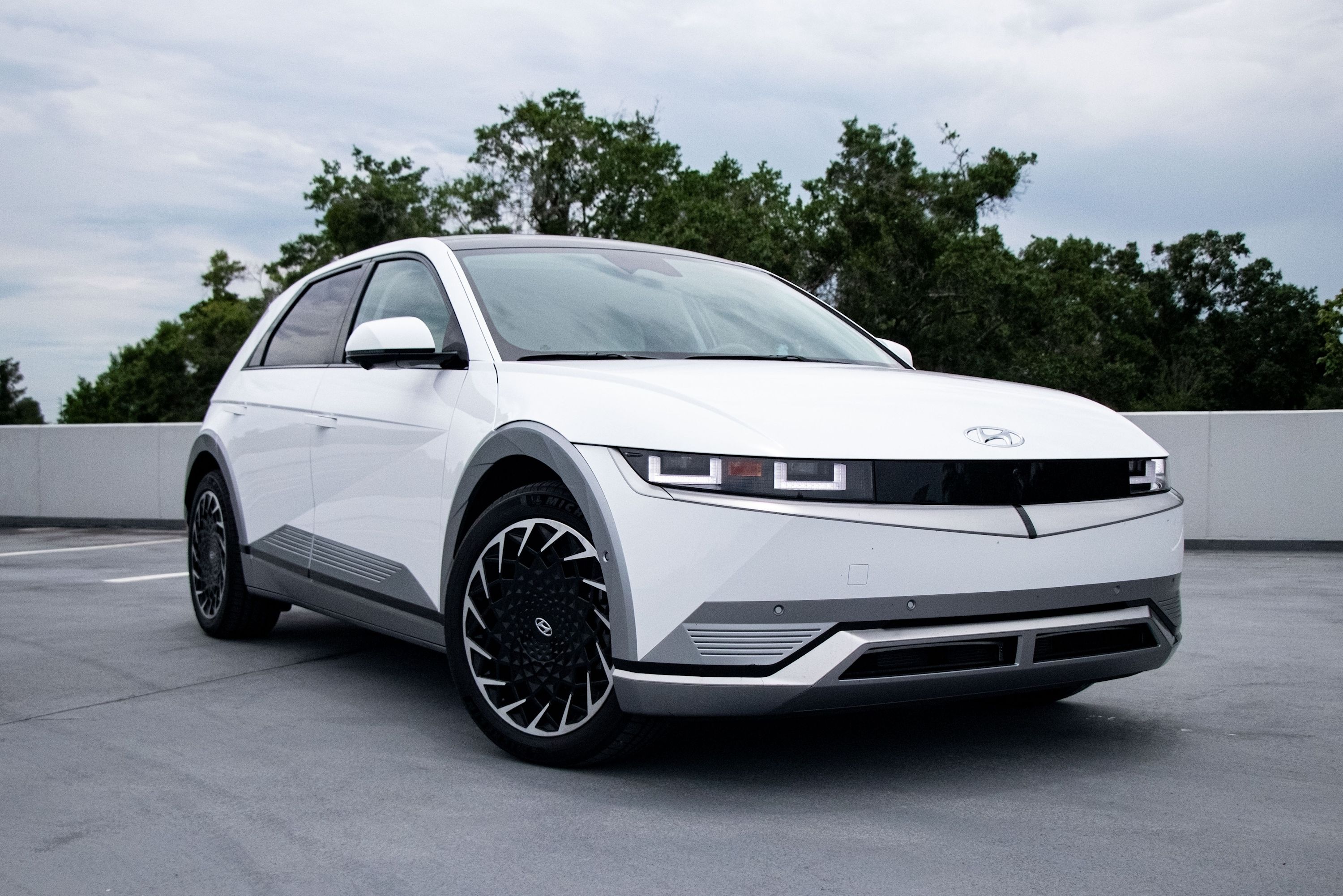
Earlier this month, we reported on record demand for electric vehicles in the United States. In the first quarter of 2022, EV registrations tallied almost 160,000 units. Tesla leads the way with cars like the Model 3, but the Koreans are doing well with entrants like the Kia EV6 and Hyundai Ioniq 5. Despite this, EV registrations in Q1 still represented under 5% of all sales in the light-vehicle segment. That is an improvement, but it's still a long way off from President Biden's goal of zero-emissions vehicles accounting for half of all sales by 2030. Whether we'll reach that goal depends on how automakers can appease consumers' top concerns about buying an EV. A new survey has revealed what these are.
According to Autolist's latest Electric Vehicle Survey involving 1,300 respondents, consumers' top concerns related to EVs haven't changed much from three years ago. This is despite the arrival of many newer, more attainable EVs. The top concern was that EVs are still too expensive to buy or lease; 48% of the 1,300 respondents chose this as a top concern. It was followed by worries about range (44%) and a lack of adequate local charging infrastructure (36%). Range was previously the top concern in the 2019 survey.
"These are the same top three concerns that we saw in 2019 and again in 2021," said Corey Lydstone, founder and CEO of Autolist. "While sales of EVs are slowly improving as more compelling models hit the market, consumers' impressions of electric vehicles aren't improving."
Interestingly, despite the costs of batteries dropping as time goes by, a greater percentage of consumers consider high EV prices to be a concern than when the same survey was run in 2019. Factors like supply chain disruptions and sanctions against Russia have seen costs rise again in recent months. All Tesla models have been on the receiving end of massive price hikes in 2022, and Lucid will soon raise the prices of its Air sedan, too.
28% of respondents said that they remain unwilling to spend more to buy an EV over an equivalent gas model - despite rising gas prices in recent months - and 66% supported incentives like subsidized public charging to encourage EV adoption.
Interestingly, pickup trucks are now the second likeliest body style that consumers would consider when buying an EV, behind only midsize crossovers. In 2019, pickups ranked fourth. The increase is likely due to models like the new Ford F-150 Lightning. Once Chevrolet, Toyota, and Ram come to the party with their own electric trucks, we expect this number to rise.
While EVs continue to gain market share, the rate of adoption and consumers' impressions of EVs remain limited by factors like pricing and range. Then again, we should never have expected perhaps the biggest revolution in automotive history to be a straightforward one.
